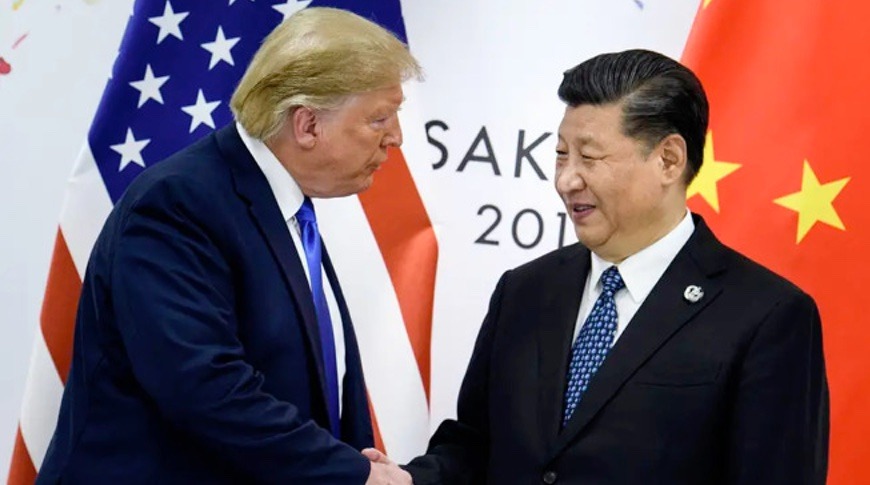New tariffs on Apple products imported to the United States from China are again in question, as White House economic advisor Larry Kudlow suggests President Donald Trump is still open to making a trade deal that could change the situation.
President Trump issued a threat of a 10% tariff on $325 billion worth of electronics arriving on US shores from China on August 1, one that would also cover Apple products and accessories, unlike previous tariffs and other threatened fees.
While the prospect of the charge on Apple products and others hangs in the balance, and could be implemented starting from September 1, advisor Kudlow believes there is a chance the nature of the tariffs could change. Speaking to CNBC, Kudlow admitted "The reality is we would like to negotiate," and that a Chinese delegation would be arriving in the United States in September.
"Things could change with respect to the tariffs," Kudlow suggested.
"In the course of his tweets and his conversations with the trade team, he would like to continue negotiations," Kudlow said of Trump. "He would like to make a deal. It has to be the right deal for the United States. We would much prefer a commercial transaction."
Kudlow's comments follow the day after the Chinese yuan weakened enough to have dropped in value to 7 yuan per dollar for the first time in 11 years. On the same day, it was reported China had ordered state-owned firms to cease buying American-produced agricultural products.
In the wake of the weakened yuan and the agricultural order, the Dow Jones dropped 550 points on Monday morning, and so far on Tuesday has yet to recover. Shares in many major companies also slid as Wall Street reacted, with Apple going from a high on Friday of $204.02 at closure to a low of $192.88 on Monday, before making a small recovery at the time of publication to just over $195.
While there isn't a direct explanation from China for the currency, the hands-on control the government has over the currency suggests it was either left to weaken on its own or was made weaker. Shortly after the discovery of the low value, Trump declared it was a case of "currency manipulation," a label that was officially applied to the situation by the US Treasury within hours.
While declining to say he was against the tariffs, Kudlow believes the US has an advantage over China while the trade war continues, with the burden "falling almost 100% on China." Kudlow went on to claim "The American economy is in great shape. It's booming, there is no inflation. We're in teriffic shape. The Chinese, regrettably not. The Chinese economy is crumbling. It's just not the powerhouse it was 20 years ago."
While orders for goods from Chinese factories may decline as a result of applied tariffs, they have not as of yet to any substantial degree on categories of goods that have seen the levies applied. Kudlow's comment also omits that Chinese companies don't pay US-applied tariffs — the importing company does.
Apple is predicted to absorb any tariffs, where companies like Sony have said that they would pass them on to consumers.
 Malcolm Owen
Malcolm Owen








 Bon Adamson
Bon Adamson
 Marko Zivkovic
Marko Zivkovic
 Wesley Hilliard
Wesley Hilliard
 Amber Neely
Amber Neely


 William Gallagher
William Gallagher



-m.jpg)


